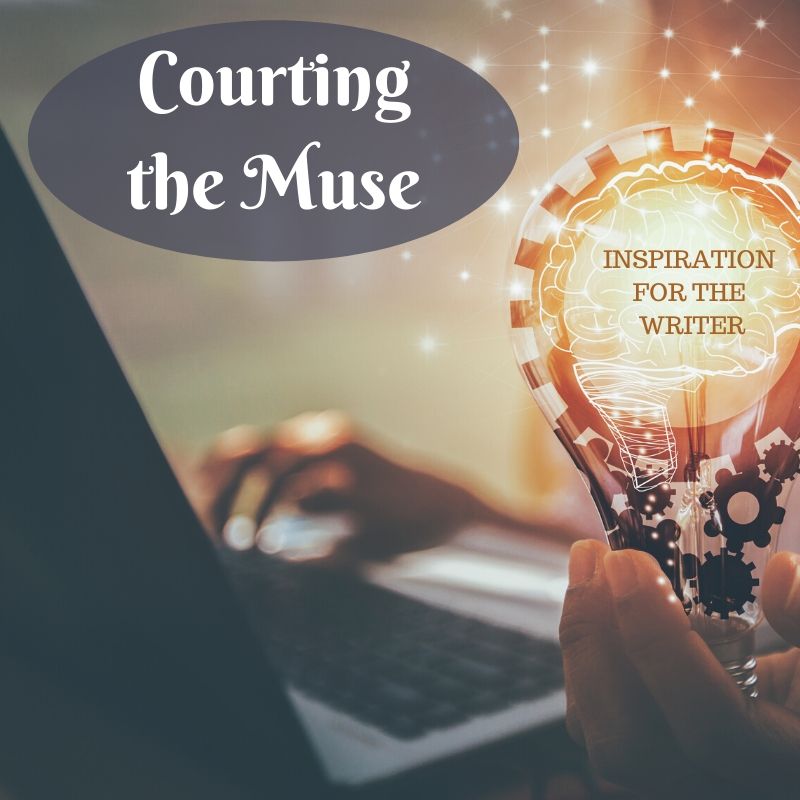A quarantine isn’t a writing retreat. Sure, some of the greats managed to transmute epidemiological panic into excellent prose (and poetry). Shakespeare — as I’m sure we’ve all heard — may have taken advantage of the Globe Theater’s shuttering to pen King Lear as the plague ravaged London. Now, panic sweeps through our own communities while government orders shutter our doors. Should we channel the Bard and try to write our way out of alienation and anxiety?
For some, that’s easier said than done. Maybe you’re spending this time caring for loved ones, looking out for vulnerable neighbors, or even just learning how to navigate this new normal: urgent and necessary tasks that push your latest writing project to the wayside. That’s no reason for guilt. After all, you’re a human being before you’re a writer, and practicing compassion — for yourself and your community — will only make you a more sensitive storyteller in the long run.
That said, if you do have the bandwidth to craft a paragraph or fashion a plot, creating through the uncertainty can help you feel less adrift. It’ll stimulate your mind with something other than the news and give you a reason to reach out to like-minded writers — crucial at a time when we could all stand to feel less alone.
Just don’t put undue pressure on yourself by trying to write the next King Lear. Instead of force-fitting yourself into a Shakespearean mold, try looking to a counterintuitive source for authorial inspiration: bad writing. Not only will it give you a much-needed laugh, but studying shoddy prose will actually help you sharpen your craft. Here are three reasons why.
1. Learning how not to write can be easier than learning how to write
Think back to your standardized test-taking days. Remember using the process of elimination to puzzle out a question that might have otherwise stumped you?
Studying bad writing — a plodding novel, a disjointed short story, even a muddled and misshapen sentence — can improve your craft in the same way. Read enough problematic prose, and you’ll quickly build up a checklist of things to look for as you revise. Speaking of which….
2. Honing your editorial judgment is easier when you’re reading someone else’s prose
As writers, we can be blind to our own stylistic quirks, letting our gaze slide over major bobbles because we got inured to seeing them. On the other hand, we might be oversensitive to our faults. Without a firm sense of our own writerly strengths, we end up second-guessing everything and finding fault with perfectly sound passages.
When you read bad prose produced by another writer, these emotional hang ups aren’t in play: you can read the passage for what it is and critique it with a cool head. Over time, you’ll develop sound editorial instincts — and be able to draw on them when you return to your own writing.
3. Seeing the greats falter is a great reminder of your own potential
Maybe you’re worried that this particular form of writing inspiration leads to a mean-spirited exercise in punching down. After all, does anyone turn out terrible prose except for newbie writers — the very people we should be showering with support and encouragement?
Luckily, that’s not quite true — you can find plenty of models for how not to write among the oeuvres of literary giants. Just look at the hordes of Booker Prize winners who have earned nods from the infamous Bad Sex in Fiction Award and the fearless book reviewers who savage the bibliosphere’s stars. Even Shakespeare himself doesn’t always hit a home run: Titus Andronicus has garnered its share of thumbs downs over the years.
You should absolutely read celebrated writers at their best. But don’t be afraid to read them at their worst as well. It’s a much-needed reminder that every literary luminary was once like you — a writer intent on improving their craft.

Lucia Tang is a writer for Reedsy, a marketplace that connects self-publishing authors with the book industry’s best editors, designers, and marketers. To work on the site’s free historical character name generators, she draws on her knowledge of Chinese, Latin, and Old Irish — learned as a PhD candidate in history at UC Berkeley. You can read more of her work on the Reedsy Discovery blog, or follow her on Twitter at @lqtang.





No Comments